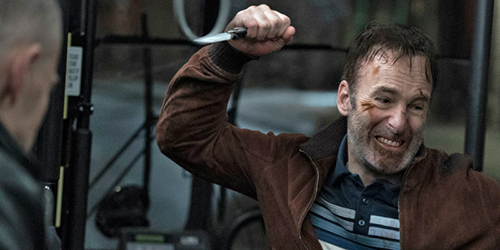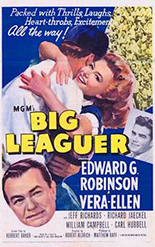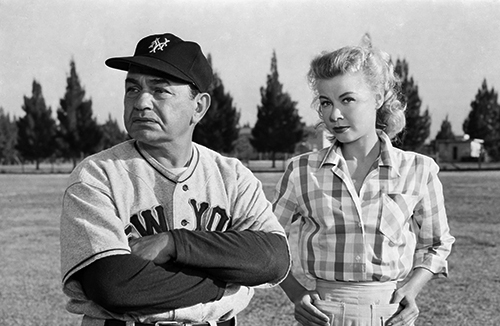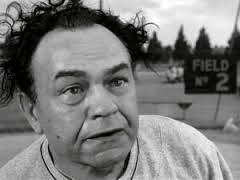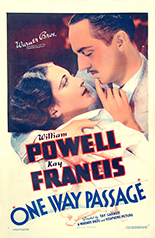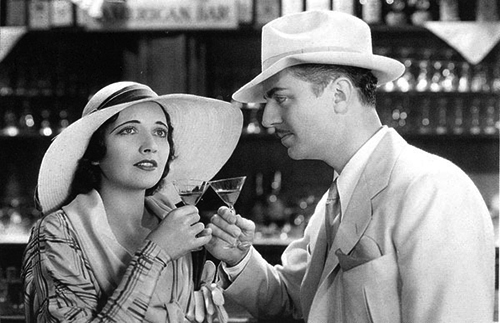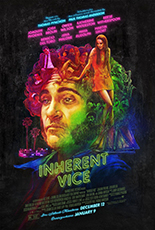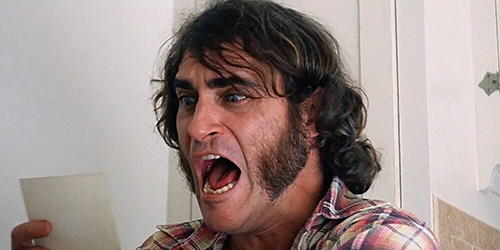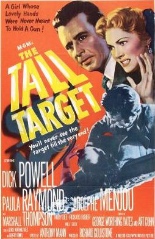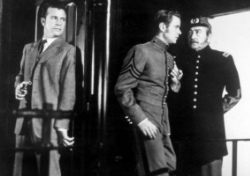
 Hutch Mansell leads an unremarkable existence. Married with two kids, his days are a blur of the mundane and the predictable. He works as an accountant for his father-in-law in a small manufacturing firm. The only suspense in his life comes on days he must hustle to get the trash curbside in time for the garbage truck. Hutch is a nobody.
Hutch Mansell leads an unremarkable existence. Married with two kids, his days are a blur of the mundane and the predictable. He works as an accountant for his father-in-law in a small manufacturing firm. The only suspense in his life comes on days he must hustle to get the trash curbside in time for the garbage truck. Hutch is a nobody.
At least that’s what he would have us believe. But the nobody at the heart of Nobody is portrayed by Bob Odenkirk, and as the actor has proved many times over in TV’s Breaking Bad and Better Call Saul, he can be a damned compelling presence.
Hutch’s routine is forever uprooted one night when two masked intruders break into the Mansell home. Hutch arms himself with a golf club, but chooses not to escalate the situation, instead allowing the thieves to get away. That decision doesn’t sit well with his wife (Connie Nielsen, Wonder Woman 1984) and teenaged son (Gage Munroe), who interpret Hutch’s action as cowardice and treat him coldly afterward.
What his family doesn’t know, and we learn soon enough, is that Hutch has a secret past as an ex-military assassin. The home invasion awakens his old habits, however, particularly on a city bus when he sees a group of hoodlums threatening a young woman. In an inspired choreography of ultraviolence, Hutch pulverizes the baddies, including one who turns out to be the younger brother of Yulian Kuznetsov (Aleksey Serebryakov), a psychopathic killer in the Russian mafia.
Screenwriter Derek Kolstad and co-producer David Leitch, both of the John Wick franchise, infuse Nobody with brutally effective violence and a grim sense of humor. If the movie doesn’t quite match Wick-actioner standards, neither does it embarrass itself. Director Ilya Naishuller (Hardcore Henry) breaks no new ground, but helms with the cool efficiency of an acupuncturist who knows what pressure points will satisfy action-flick fans. It works, if perfunctorily, from the contrived plot devices (why exactly does the entire Russian mafia appear to be headquartered in the United States?) to a smattering of pop songs that provide ironic counterpoint to blood-spattered mayhem.
Best of all is Bob Odenkirk. The 58-year-old former sketch comedian turns out to be a credible tough guy. The film offers some other nifty casting choices, particularly Christopher Lloyd (Back to the Future’s Doc Brown) and rapper RZA (The Man with the Iron Fists) as Hutch’s father and brother, but Odenkirk’s rumpled charisma is what ultimately makes Nobody worth knowing. —Phil Bacharach

